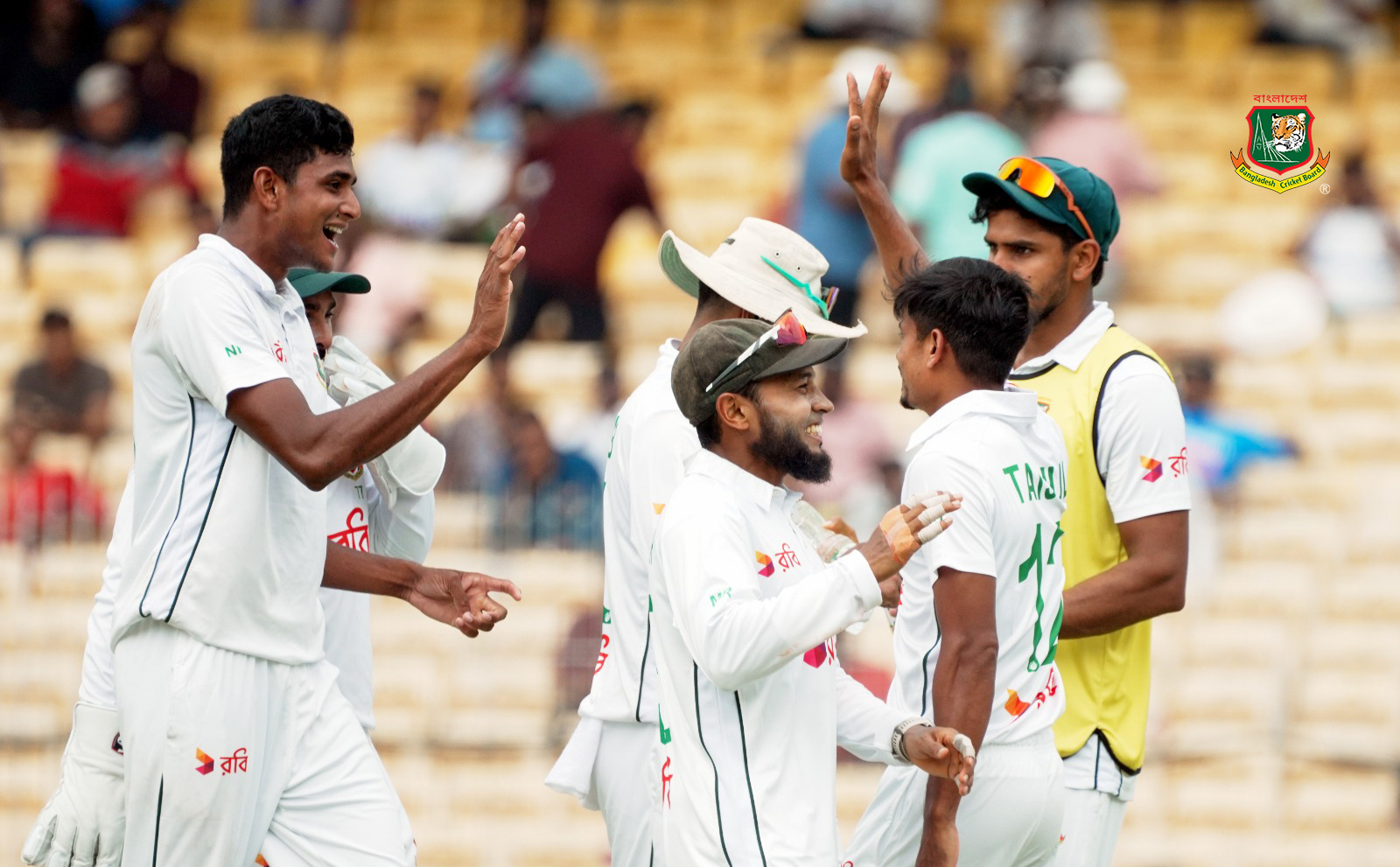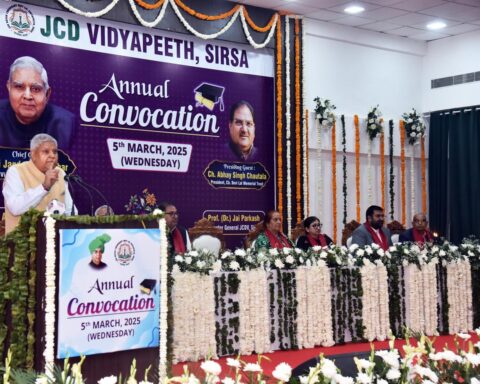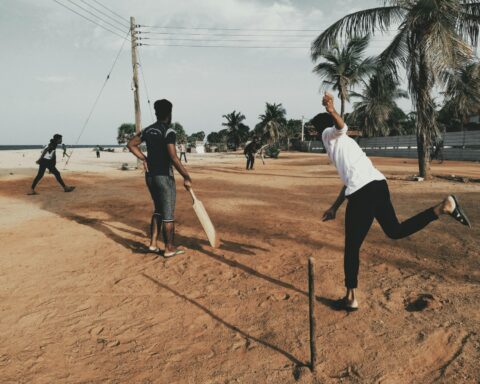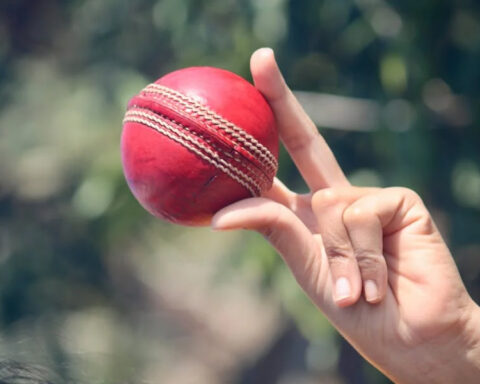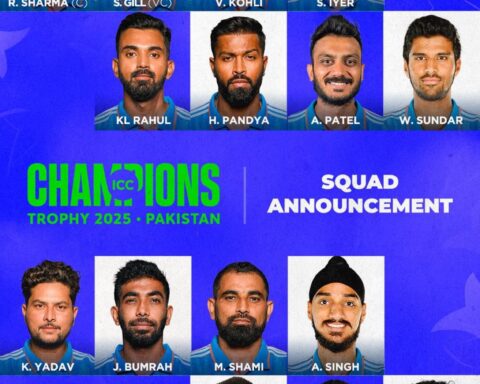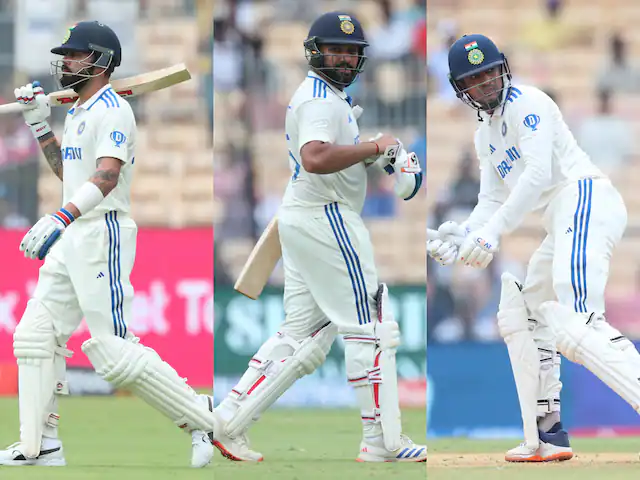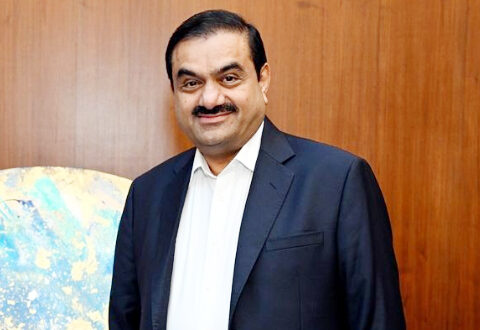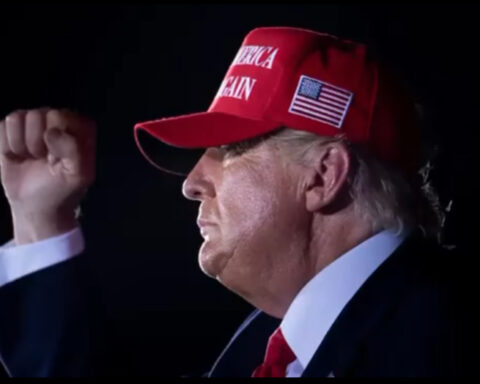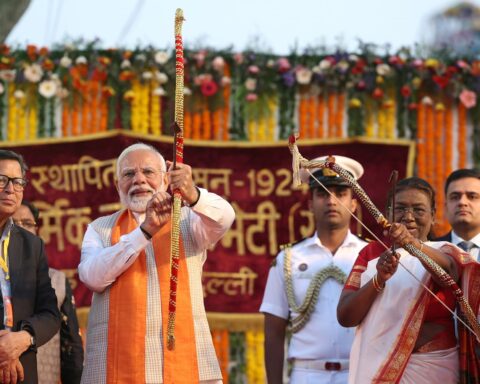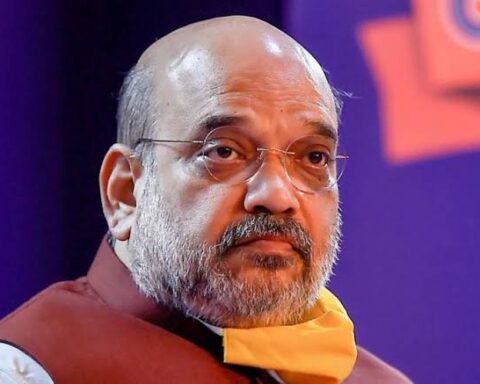New Delhi/ TNF
Trending | In recent days, the hashtag #BoycottBangladeshCricket has gained significant traction on social media platform X (formerly Twitter). This trend reflects a mix of political tensions, cricketing controversies, and emotional responses from fans. Here, we break down the reasons behind this trending topic.
1. Recent Controversies in Cricket
- Match Incidents: There have been several incidents in recent matches involving the Bangladesh cricket team that fans perceived as unsportsmanlike. These events often escalate tensions and provoke strong reactions from the opposing fan base.
- Player Behavior: Criticism of specific players’ conduct during matches—whether related to their on-field demeanor or comments made off the field—has also fueled the call for a boycott. Fans feel that such behavior tarnishes the spirit of the game.
2. Political Tensions
- Historical Context: The cricket rivalry between India and Bangladesh is not merely about sports; it is intertwined with historical and political factors. Issues from the past continue to affect perceptions and sentiments between the two nations.
- National Pride: For many Indian fans, cricket is a matter of national pride. Any perceived disrespect from the Bangladesh team can trigger a defensive reaction, leading to calls for boycotting their cricket matches.
3. Social Media Influence
- Viral Hashtags: The power of social media in amplifying sentiments cannot be understated. A few critical incidents can quickly escalate into a larger movement as fans share their outrage, leading to viral hashtags like #BoycottBangladeshCricket.
- Influencer and Celebrity Engagement: Public figures and influencers often play a crucial role in shaping public opinion. When they engage with or promote the hashtag, it can significantly boost its visibility and traction.
4. Fan Emotions and Identity
- Passion for Cricket: Cricket in India is more than just a sport; it’s a significant part of the cultural identity. Fans are deeply passionate and emotionally invested, making them more likely to respond strongly to perceived slights.
- Unity Among Fans: During times of tension, fans often come together to express their dissatisfaction. The hashtag serves as a platform for collective frustration and solidarity among Indian cricket fans.
5. Response from Cricket Boards
- Official Statements: The Board of Control for Cricket in India (BCCI) and its Bangladeshi counterpart may feel the pressure to respond to such movements. They might issue statements to address concerns or clarify positions regarding ongoing issues.
- Future Matches: The call for a boycott may lead to discussions about future fixtures between the two teams. Authorities will need to consider fan sentiments when planning upcoming series.
Conclusion
The trending hashtag #BoycottBangladeshCricket encapsulates a complex interplay of sportsmanship, historical context, and emotional reactions among cricket fans. While the rivalry is rooted in friendly competition, incidents that ignite national pride can escalate quickly into broader movements on social media. Understanding the reasons behind this trend is essential for fostering better relations and maintaining the spirit of the game.
As the conversation continues, it remains to be seen how cricket boards and fans will navigate these sentiments in the future. The hope is that mutual respect can prevail, allowing cricket to serve as a unifying force rather than a divisive one.
